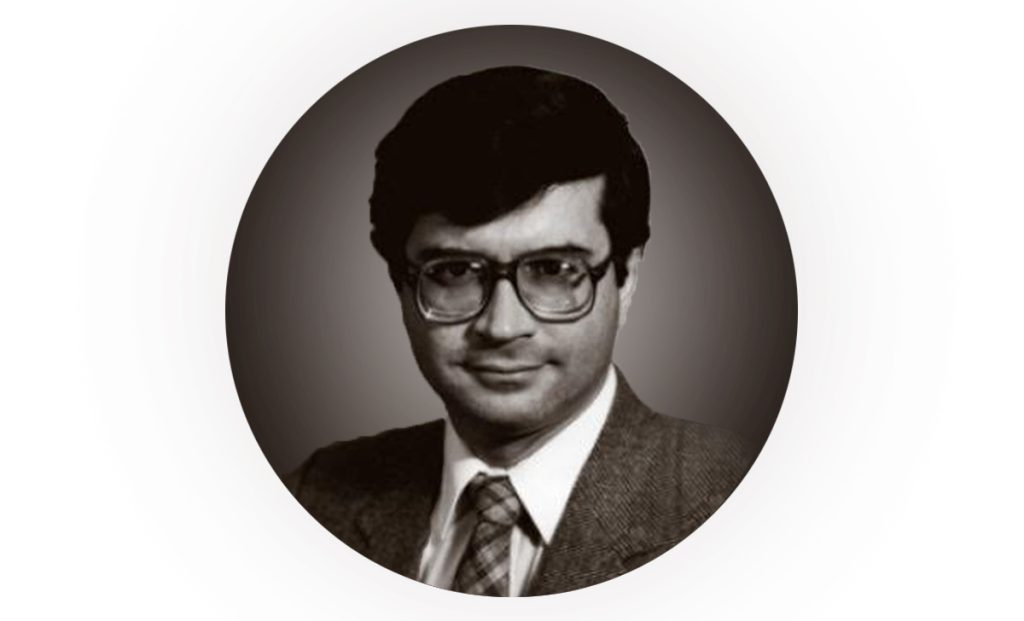Luis Gómez, a Buddhist scholar, translator, and psychologist who founded the PhD program in Buddhist Studies at the University of Michigan, which has produced some of the best-known scholars in the field today, died on September 3 in Mexico City. He was 74.
Gómez retired from the University of Michigan in 2008 after 35 years of teaching but continued to teach in both the San Francisco Bay Area and Mexico. In recent years, Gómez published a translation of Shantideva’s Bodhicaryavatara [A Guide to the Bodhisattva’s Way of Life], a foundational text in Tibetan Buddhism and “a work that he regarded as a guide for his life,” according to his obituary.
Born in Puerto Rico in 1943, Gómez received his bachelor’s degree from the Universidad de Puerto Rico in 1963 and completed his PhD in Buddhist Studies, Indic Philology, and Japanese Language and Literature from Yale University four years later.
In a 2012 post on Trike Daily, religious studies professor Charles Prebish wrote that Gómez “has argued that Buddhism isn’t just an object that we study, but a religious tradition that may make serious demands upon us.”
Reflecting on his death, Tricycle features editor Andrew Cooper wrote about a talk that Gómez once gave at the Zen Center of Los Angeles about the misconceptions Buddhists have about Buddhism.
“At the time, I edited the Zen center’s journal, and I edited and published” his talk, Cooper wrote. “I think it was one of the earliest essays by a Buddhist scholar to address the concerns of non-specialists. To some extent, we now take for granted that this kind of thing is valuable, but at the time, it was something new. Up to then, for the most part, scholars spoke only to scholars and practitioners spoke only to practitioners. I think Luis did much to pave the way for others scholars to do the same, and for Buddhist publications to see value in it.”
Gómez’s scholarship spanned a number of topics within the Buddhist umbrella, including Indian, Tibetan, Chinese, and pan-Asian Buddhism, with a focus in particular on the Mahayana.
You can read the full obituary here.
Thank you for subscribing to Tricycle! As a nonprofit, we depend on readers like you to keep Buddhist teachings and practices widely available.
